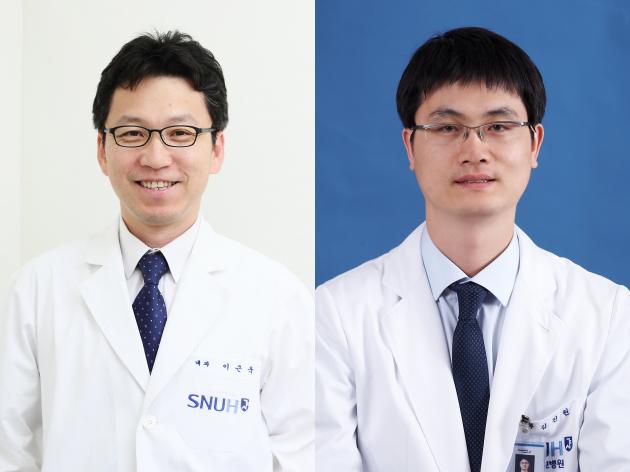Researchers at Seoul National University Bundang Hospital (SNUBH) have proved that palliative chemotherapy can enhance the quality of life for gastric cancer patients.

Gastric cancer, if detected early, is curable through active chemotherapy. However, most of the metastatic and recurrent stomach cancer that has passed the initial stage is difficult to cure even with surgery. If the symptoms progress beyond treatment, doctors and patients prefer to slow cancer progression to improve the quality of life of the patient and prolonging their survival than trying to cure the disease,
Palliative chemotherapy helps shrink the size of cancer, which improves or eliminates distressing symptoms caused by the tumor for some time and helps patients live longer.
The team, led by Professors Lee Keun-wook and Kim Jin-won of the hemato-oncology department at the hospital, presented the results of a study on the treatment application pattern and the quality of life for metastatic and recurrent gastric cancer patients treated with primary palliative chemotherapy.
The large-scale prospective and multicenter observation study analyzed 527 gastric cancer patients scheduled to undergo first-line palliative chemotherapy, from 2010 to 2014 at 26 hospitals, including SNUBH.
The team’s findings were consistent with the recommended treatment for palliative chemotherapy when using a combination of two drugs -- platinum compound and fluoropyrimidine -- in 93.2 percent of the gastric cancer patients as primary palliative chemotherapy.
Also, the median progression-free survival time after the first chemotherapy was 8.2 months and the overall survival time was 14.8 months, which was similar to the results reported in clinical studies of gastric cancer.
The researchers also measured 24 elements, such as emotional and cognitive function, fatigue, and vomiting, as well as body and role functions of the patient, every three months, to see how the quality of life changed during the first stage of conventional chemotherapy.
They found that the overall quality of life of the patients remained mild without any significant changes, and sometimes showed improvement when compared with the patient’s status before treatment.
“The most worrying aspect of cancer treatment is the poor quality of life that can occur during treatment,” Professor Lee said. “The study has confirmed palliative chemotherapy is the best way to prolong life and maintain the quality of life in metastatic gastric cancer patients.”
Professor Kim also said, “Many patients and caregivers are reluctant to receive chemotherapy due to concerns about poor prognosis of metastatic and recurrent gastric cancer and side effects of the treatment.”
The team recommends patients to consult with chemotherapist for optimal treatment that is suitable for them, he added.
Cancer Research and Treatment published the results of the study.

